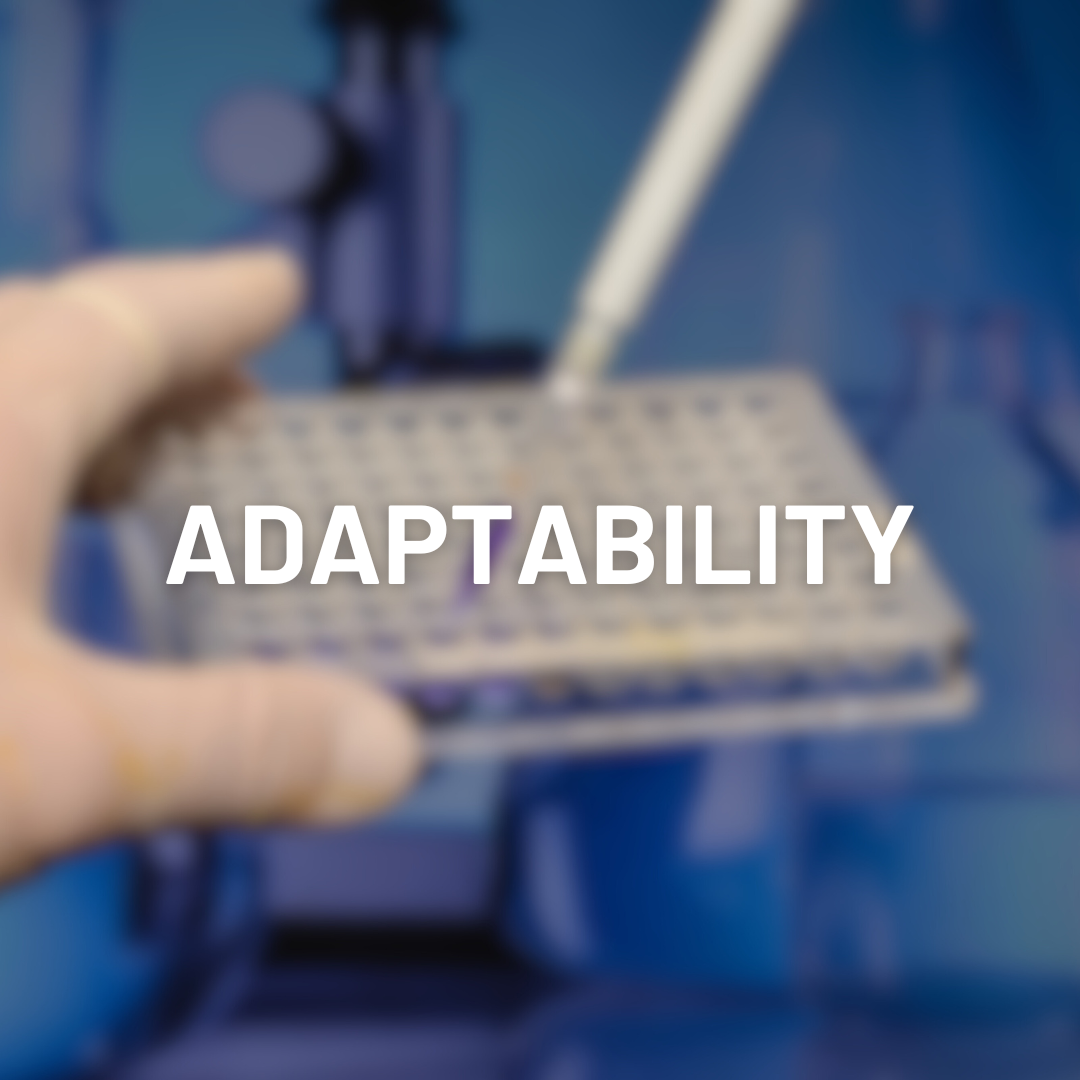Genomics enables the development of a new form of agriculture, adopting a more holistic approach that focuses on the interactions between plants and micro-organisms.

Genomics specifically allows us to highlight the interactions that soil bacteria, yeasts and fungi can have with different crops, whether they are annual or perennial.
GenoScreen has established its expertise in this field by contributing, in a pioneering position, in national projects such as BIMM-SOL and GenoSol, which focused on the microbiological quality of soils.
GenoScreen’s offer to understand the microbiological component of soils
GenoScreen helps you to identify the microbiological composition of soils, reveal their properties and act on them, either by using inputs or by modifying your farming practices. Our services and solutions include:
Soil study techniques and methods
Our analysis solutions are based on the latest techniques available (Illumina, PacBio and ONT sequencers), and include a wide range of methods:
These analyses, along with the conclusions and solutions they provide, require the ability to access repositories of characterised genomic data. Such data repositories can be found in databases of varying degrees of specialisation and documentation. In this regard, our expertise led us to select the best databases and to develop our own, as well as the ability to utilise them effectively.







